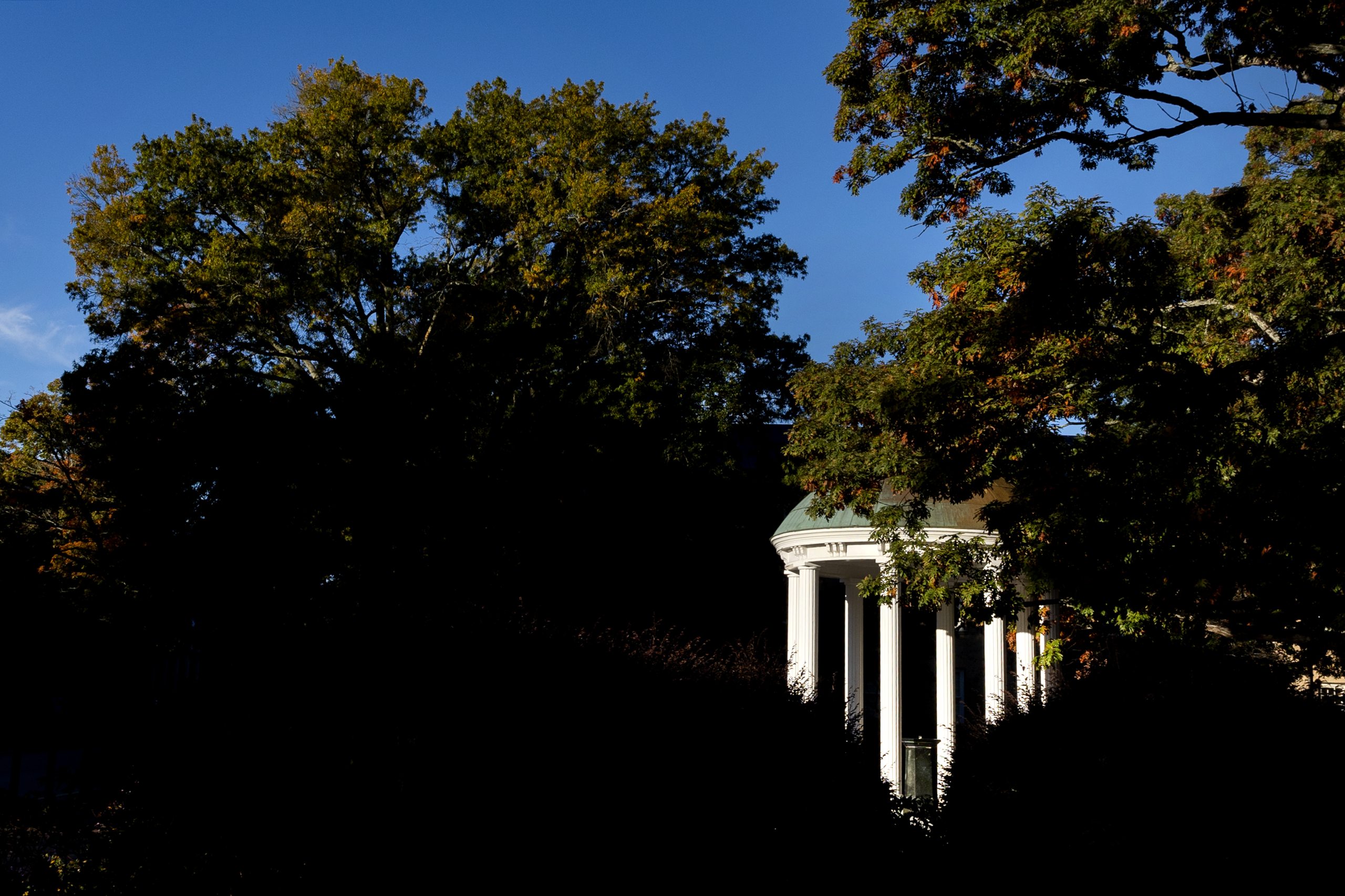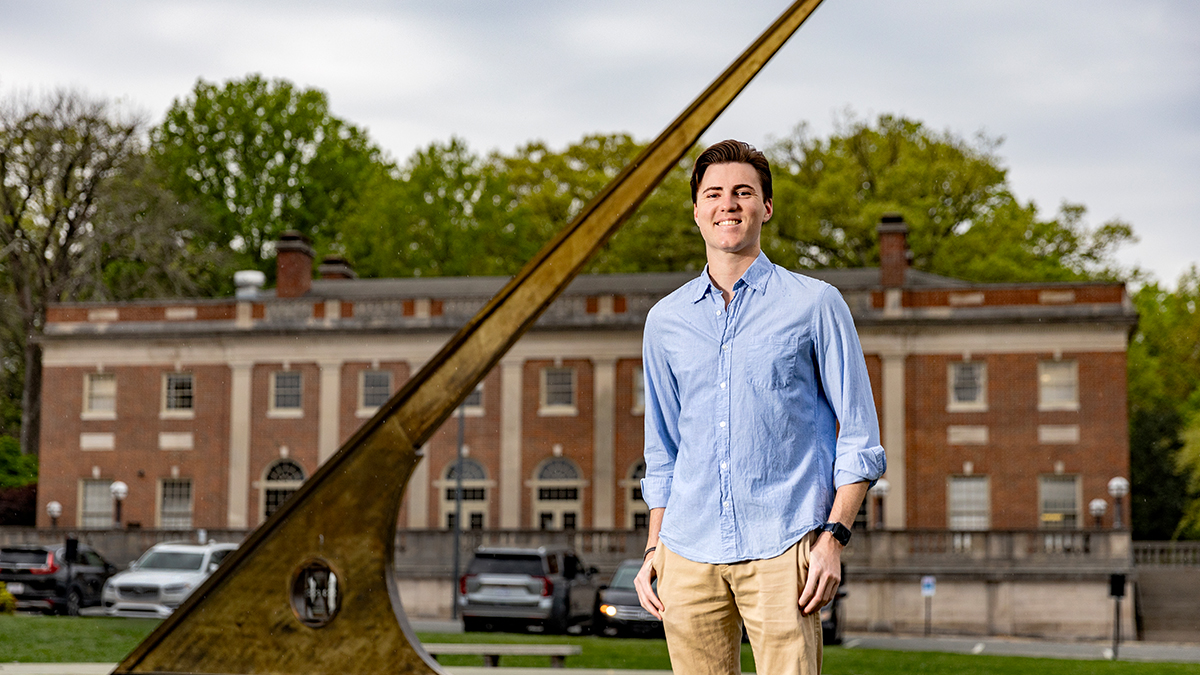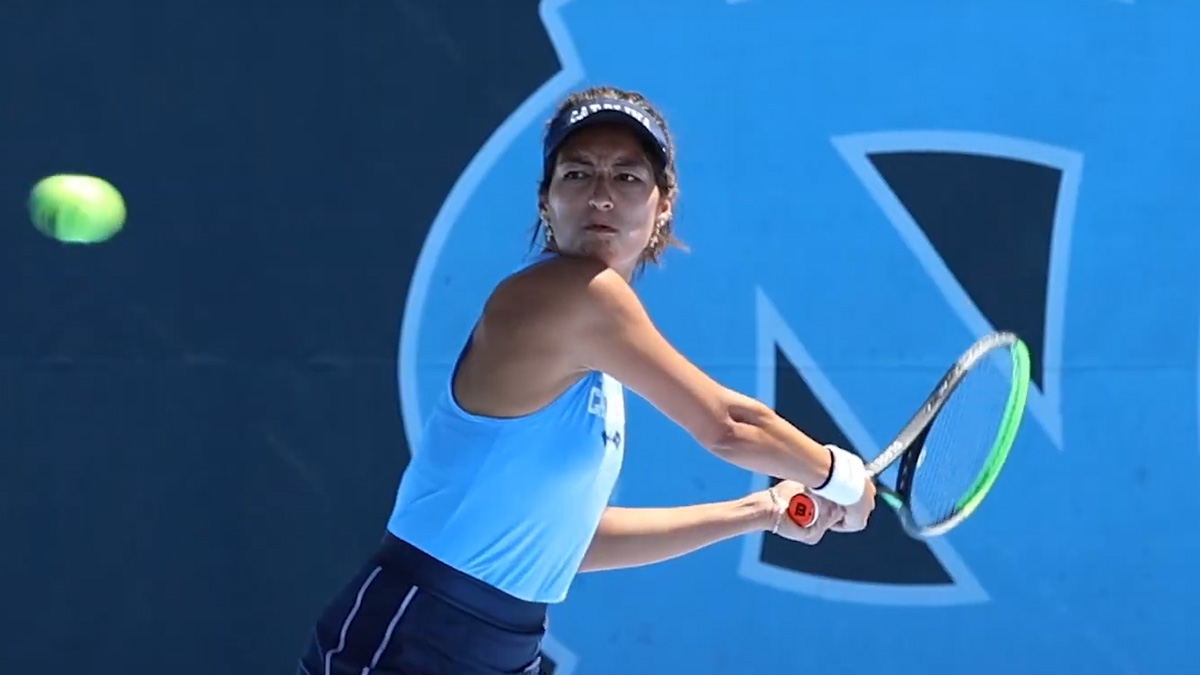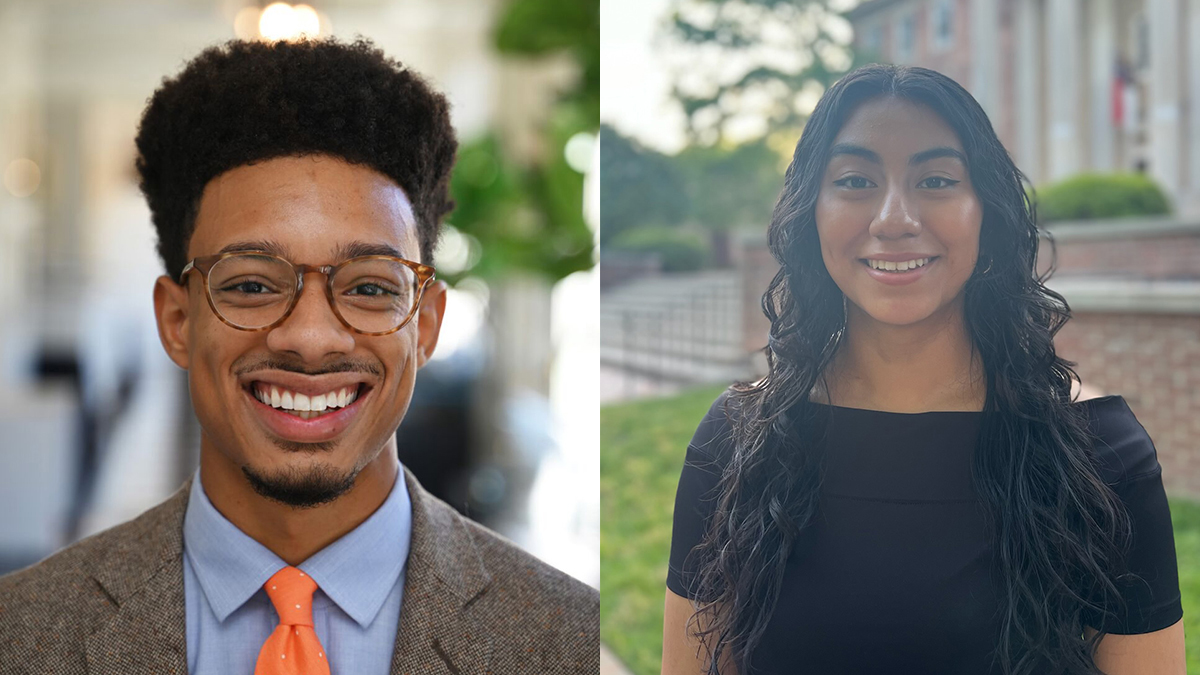Bringing groundbreaking immunotherapy to the patients of North Carolina
UNC Lineberger Comprehensive Cancer Center is bringing a groundbreaking cancer therapy to the people of North Carolina. Known as T-cell immunotherapy, this technique harnesses the power of the immune system to fight a patient's cancer. This treatment has already saved the lives of many who have not responded well to standard treatment.
Less than two years ago, Carlos and Tina Sandi were faced with a fear that was all too familiar – the fear of losing a child to cancer.
Their son, Phineas, was diagnosed with acute lymphoblastic leukemia at age 4. He was their second child to be diagnosed with cancer after their daughter, Althea, was diagnosed six years earlier with another form of leukemia. She died from the disease just after her second birthday.
Faced with this horrific news, the Sandi family sought treatment at UNC-Chapel Hill under the care of Dr. Philip Roehrs, pediatric oncologist at UNC Lineberger. Within days of his diagnosis, Phineas was undergoing an aggressive chemotherapy treatment for his disease. Unfortunately, the treatments did not work.
“Even after several rounds of chemo, Phineas still had evidence of disease,” said Dr. Roehrs. “In order for Phineas to get to the next stage in his care – to receive a bone marrow transplant – we needed him to be cancer-free, but the standard of care was just not working for him.”
With the chemotherapy not working, Phineas’ care team frantically searched for other options.
Dr. Roehrs began searching for open trials and contacting centers across the country that were testing a groundbreaking form of treatment called T-cell immunotherapy. He finally found one that would take on Phineas – the National Institutes of Health in Maryland. The investigational treatment is designed to use the power of the body’s own immune system to fight cancer with genetically engineered T-cells that recognize and attack the cancer cells.
“We had heard about these experimental trials that used a patient’s immune system to fight the cancer,” said Carlos. “The last thing we wanted to do was leave Chapel Hill and switch care teams, but at that point, it really was his only remaining option.”
Phineas completed the NIH trial and was in full remission within 28 days.
Back at UNC following the trial, Phineas underwent his transplant and came home on Christmas Day, 2013. Today, Phineas is back to doing things a six-year-old should be doing; vacationing in Disney World, meeting new friends in kindergarten and taking a multi-state road trip with his family for spring break.
To keep reading, please see UNC Lineberger.
For more information, please visit UNC Lineberger’s website.




